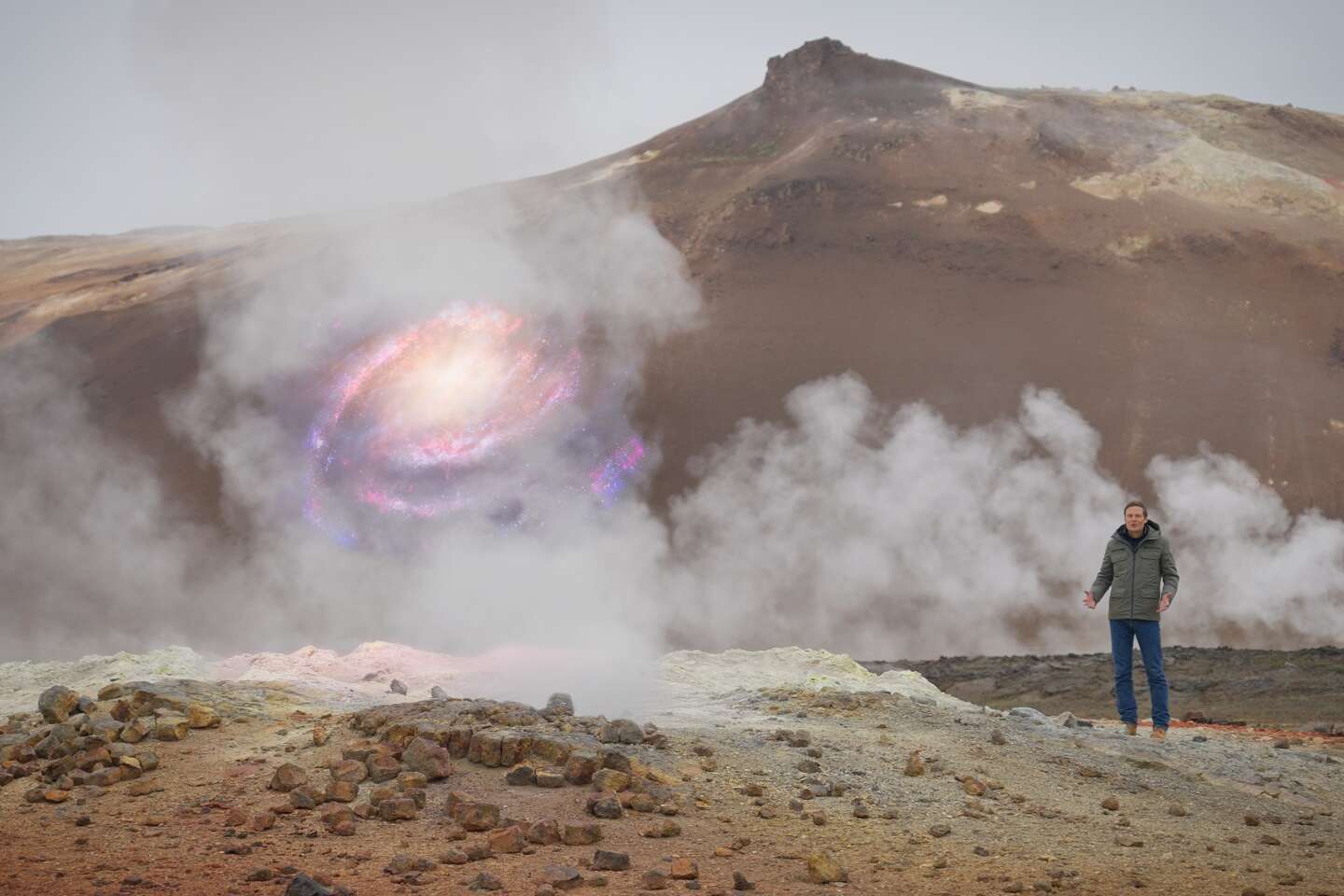
Lunar exploration, between science and easy generalization

France 5 – Thursday March 30th at 9:00 pm – Documentary
If we recommend on the far side of the moon A documentary that François-Xavier Vives will dedicate to the new phase of the exploration of our satellite, which began a few years ago, and it will be in order to … exploit its model for all the tricks and tricks of easy promotion. Super fiesta starts from the first minutes – “a revolution in our knowledge” ; “real electric shock” ; “scientific achievement” ; “huge project” As if science must dazzle in order to hide its roughness.
We continue with the utopia of a very powerful technology that will allow the rapid colonization of our satellite and the search for “treasures” Cosmic resources that are the potential resources of the moon and asteroids. However, little is said about the enormous technical difficulties of these future projects and, above all, about their usefulness.
The main question this film poses is less about what is said than about how it is said: How is the popular science documentary format renewed? How not to fall into the sympathetic, yet simplistic, questioning of the march of progress? How do you reinvent the genre, departing from the “boat” themes and setting forth the complexity, if not the originality, of a particular piece of research? How, finally, and most complicated, can you trust the viewer’s intelligence? Remember that the same author, François-Xavier Vives, achieved this in 2015 with a great film about the science of folding, titled A World in Folds: Code Origami.
ethical issues
Having said that, if we stick to the surface of things, if we don’t fail at the agreed upon prescription, on the far side of the moon Ticking all the right boxes for a classic documentary: sympathetic narrator-hero, scientist, in the person of Christophe Galvard, former student of British astrophysicist Stephen Hawking (1942-2018); walks in exotic locations (Iceland, Hawaii, etc.); endorsement by recognized researchers; A skillful alternation between images taken from our machine exploration satellites and synthetic images …
Nice work, if we consider, moreover, that the main scientific subjects are all covered. Thus, we approach the legacy left by the American Apollo program, the main geological questions (the difference between the two sides of the satellite, volcanoes, the presence of water ice in the ground), the challenges posed by the return of humans to the moon, without forgetting the potential exploitation of the resources hidden by celestial bodies other than the earth, with their trajectory of ethical questions.
We appreciate that the documentarian was able to go to China to interview the various representatives of the Chang’e lunar program that has multiplied successes over the past 15 years, in particular the rover’s first soft-face landing. From the moon in 2019 and the return of samples at the end of 2020. These interviews (sometimes tinged with a touch of Chinese propaganda…) constitute a small achievement when we know how little enthusiasm Beijing puts into opening the doors of its space program to Western media.
on the far side of the moon Documentary by François-Xavier Vives (fr, 2023, 90 min).

“Organizer. Social media geek. General communicator. Bacon scholar. Proud pop culture trailblazer.”
